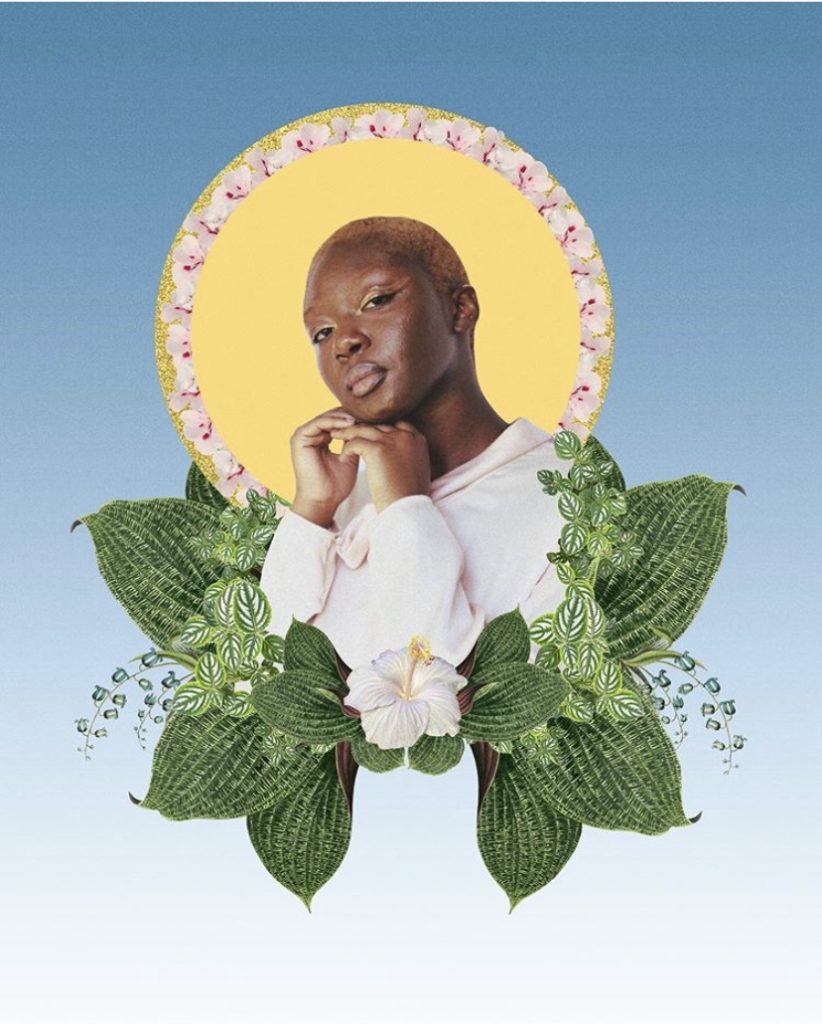Culture | August 14th, 2020
Dear Black Men: ‘Protect Black Women’
By: Shadell Bromell

Black women not only face racism from the outside world but are victims of patriarchy in their own community. Just as white supremacy inflicts harm on Black people, Black men pose the same incendiary threat to Black women when they neglect their plight for a patriarchal system.
In the first week of June, local activist Oluwatoyin Salau went missing in the Tallahassee area. Salau tweeted extensive details of the sexual assault she experienced that morning. The thread included details of her whereabouts, the assault and a description of the abuser. On June 13, the activist’s dead body was found alongside a road just 200 feet from her abuser’s residence. The suspect, 49-year-old Aaron Glee, was arrested and eventually confessed to the crime.
Many Black women, like Salau, spent these last couple of months fighting on the frontlines against police brutality. In America, police brutality is the leading cause of death for Black men, according to the Los Angeles Times. Consequently, these protests typically solely highlight the unjust killings of Black men. However, Black women’s obligation of defending and protecting Black men is not reciprocated in the same manner. They are victims of sexism, sexual assault and homicides at the hands of Black men and their undying allegiance to them above all else.
According to the Center for Disease Control and Prevention, women are more likely to be killed by a spouse than a stranger. Furthermore, non-Hispanic Black women are at the highest rate of homicide at 4.4 homicides per 100,000. As per the Violence Policy Center, 95% of the homicides of Black women had perpetrators who were Black males. In addition, 69% of transgender women were Black and deaths were intra-racial.
“I think it’s important to note the intersectionality that exists within the identity of a Black woman.”
In December of 2019, Khalil Wheeler-Weaver was convicted of killing three Black women and attempted murder of a fourth woman in a span of 88 days. Sarah Butler, Robin West and Joann Brown were targeted by the young man through sexual arrangements. Ted Stephens, the prosecutor, says Weaver mistakenly believed the women’s disappearance and death would go unnoticed. Furthermore, Weaver’s absence of sympathy toward Black women led to the demise of three young ladies.
Aolani Brown says misogynoir plays a big role in the relationship between Black men and Black women. She believes Black men are mistreated by almost every other group and turn their aggression to those who they believe are inherently “below” them.
“I’m a victim of sexual assault. All experiences have involved Black men. In these instances I felt completely violated by the same men that I fight for on a daily basis,” said Aolani Brown, a public relations student from Fort Lauderdale, Fla.
Brown also addresses how Black women feel compelled to neglect fully healing from their personal afflictions because of their devotion to the wellness of their community.
“I think it’s important to note the intersectionality that exists within the identity of a Black woman,” said Brown. “Black women are exposed to both racism and sexism and can often feel as if they are obligated to put sexism on the back burner in order to stand behind Black men — who are also their oppressors.”
“They can’t fight the system, so some fight what they can control.”
The desire for a sense of power can taunt many Black men until they have the satisfaction of role-switching from prey to predator.
Nikki Giovanni describes the harsh realities of the Black relationship in an acclaimed 1971 televised conversation with James Baldwin. She explains Black women get the least of Black men because of white men’s mistreatment toward Black men.
“You lie when you smile at the ‘cracka’ at the job. Lie to me. Smile,” said Giovanni. “ Treat me the same way you’d treat him… I’ve caught the frowns and the anger. He’s happy with you.”
Black men are not only the highest group to be killed by the police but have taken the lead as one of the highest groups in unemployment and incarceration. While the world systemically emasculates Black men, the rest of the Black community become subjects of their pain.
Patriarchy confirms no matter what race or ethnicity, men will always be inherently superior. This gives them the luxury to become oppression chameleons. Black men can become an accomplice to the very beings breaking them. They can’t fight the system, so some fight what they can control. Furthermore, the psychological motive of treating women poorly is described by Dr. Ben Reitman in his book, “The Second Oldest Profession,” as a measure to relieve pent-up disgust and bitterness.
Reitman explains, “Men who live a low, vicious life, if they have any of the finer sensibilities, are ashamed and disgusted with themselves. Some of them are too timid or cowardly to fight with men; they vent all the hate they have upon their women.” His book analyzes the sociological and psychological perspectives of an American pimp and its hooker, divulging why women reap mistreatment from men.
“We have to be responsible by how we, even in our attempt to have intellectual discourse, break each other down.”
“Even as an advocate for girls, an advocate for women and a Black woman myself, I would never be found stripping down our men under any circumstances because of the weight they have had to go through,” said Sheri Crawley, FAMU Alumni and founder of Pretty Brown Girl.
Crawley believes to break these generational curses we must start with self-acknowledgment as a community. She and her husband founded Pretty Brown Girls as a way to encourage their two daughters. The global organization empowers girls of color all while mentoring through their after school programs.
Crawley explained Post-Traumatic Slave Syndrome (PTSS) as the trauma that comes with 400 years of oppressing Black people. The term was coined by Joy DeGruy to describe multigenerational trauma and injustices experienced by African Americans. According to Sharp, PTSS has similarities to Post Traumatic Stress Disorder including racial socialization and internalized racism. Crawley believes by blaming issues concerning the accountability of Black men solely on patriarchy, the community is not understanding the key rationale.
“We have to be responsible by how we, even in our attempt to have intellectual discourse, break each other down. As many issues as we have, we didn’t just wake up like this.”
“The #SayTheirName became a trending topic as a counterproductive movement to dismiss the stories of women who have lost their lives to police brutality.”
Moreover, when the existential endangerment of Black women is emphasized, Black men tend to dismiss it and pivot the center of attention to themselves. On June 12, Netflix debuted a Dave Chappelle YouTube delivery titled “8:46.” The content was the personal thoughts of Chappelle’s feelings toward the recent killing of George Floyd and other Black men. The special sparked a Twitter controversy because the comedian failed to mention Black women throughout the entire stand-up.
The erasure of Black women in Chappelle’s special ignited the #SayHerName movement to recognize the women who have lost their lives. A lot of Black men disapproved of the movement and decided to convert it to #SayTheirName, claiming the hashtag was divisive and a distraction to the Black Lives Matter Movement. Some men also defended Chappelle’s special. The #SayTheirName became a trending topic as a counterproductive movement to dismiss the stories of women who have lost their lives to police brutality.
Please stop using #sayhisname or #saytheirname , you’re co-opting #sayhername which was created b/c the #blacklivesmatter movement focuses heavily on black men to the point of disregarding the deaths of black trans and cis women.
— Aisha (@Kurenai240) June 6, 2020
The demise of Black women doesn’t seem to move Black men as much as if the roles were reversed. Black women are an afterthought. All in all, to further the Black community, sensitive conversations involving the mistreatment of women must be discussed. Men must acknowledge women’s oppression, accept their contribution toward these issues and change their actions to help protect Black women. Black lives can’t matter until all Black lives matter.






